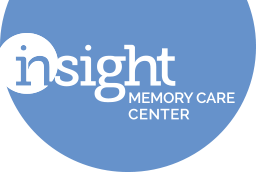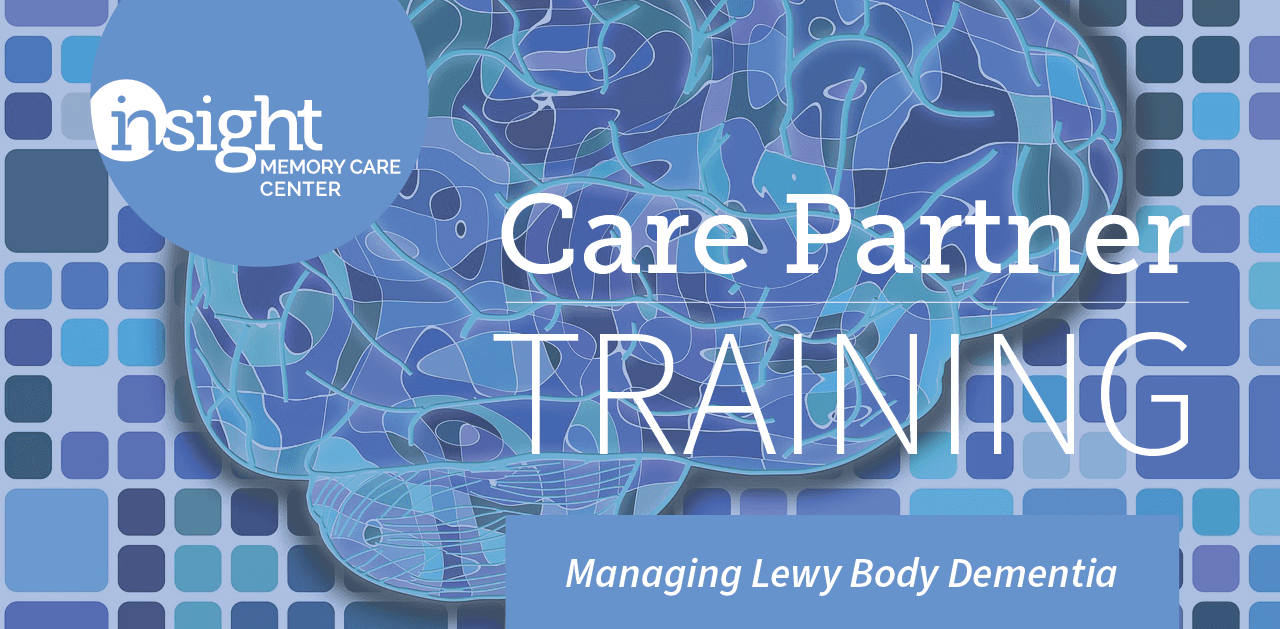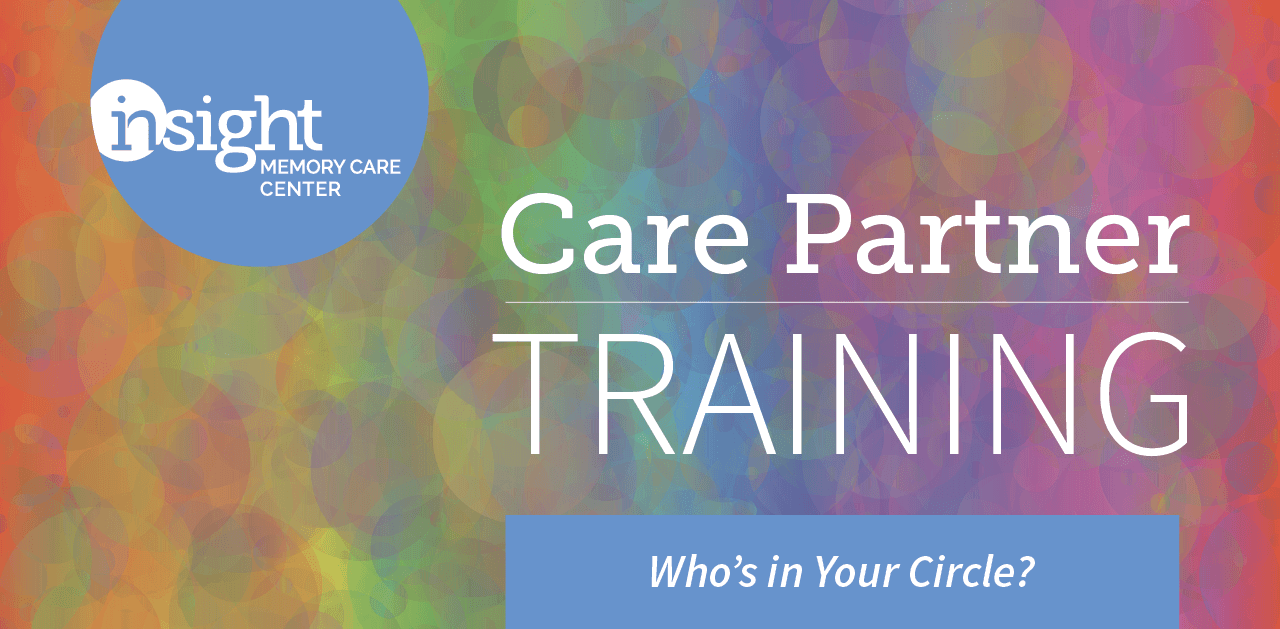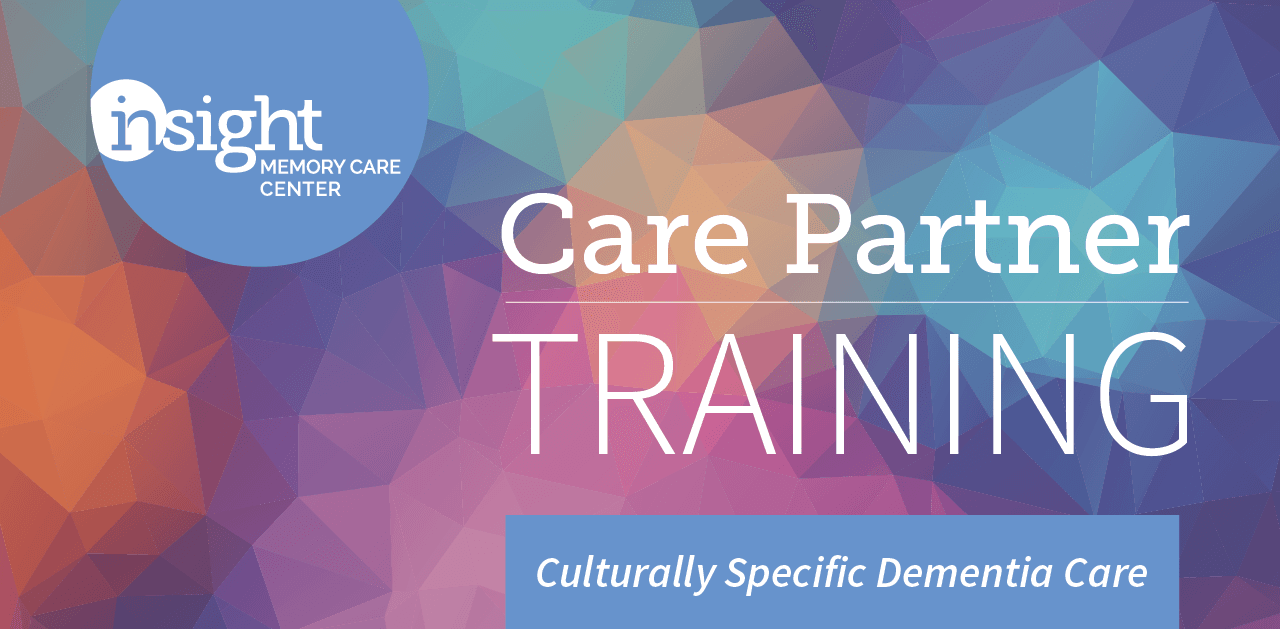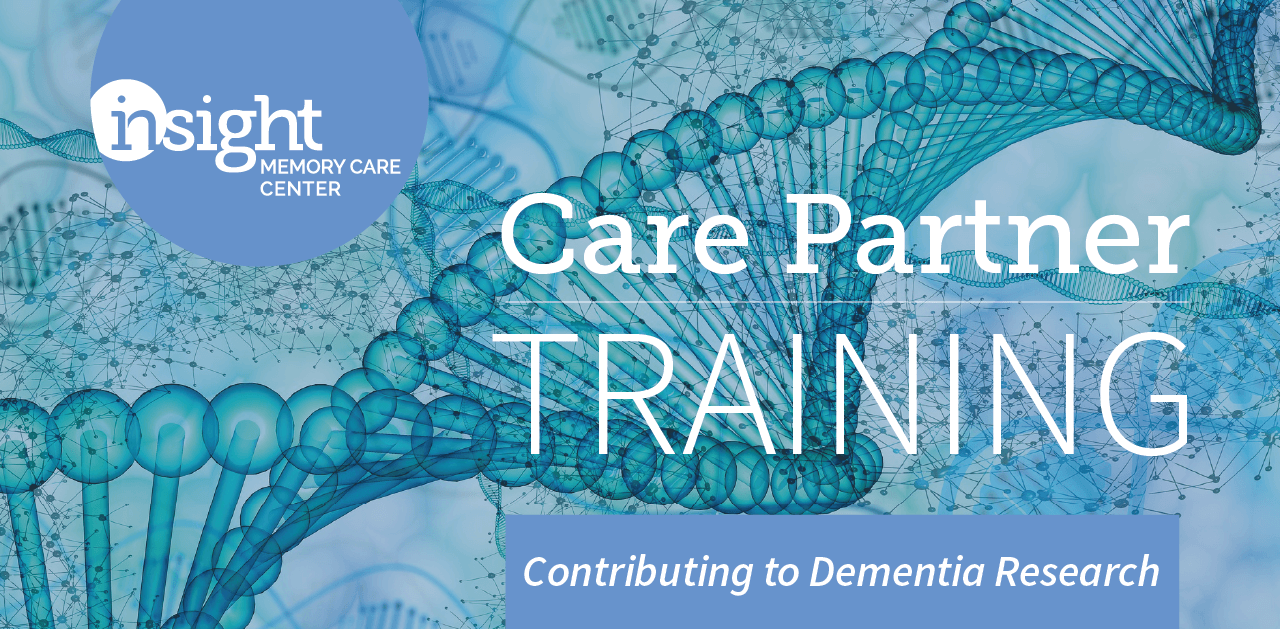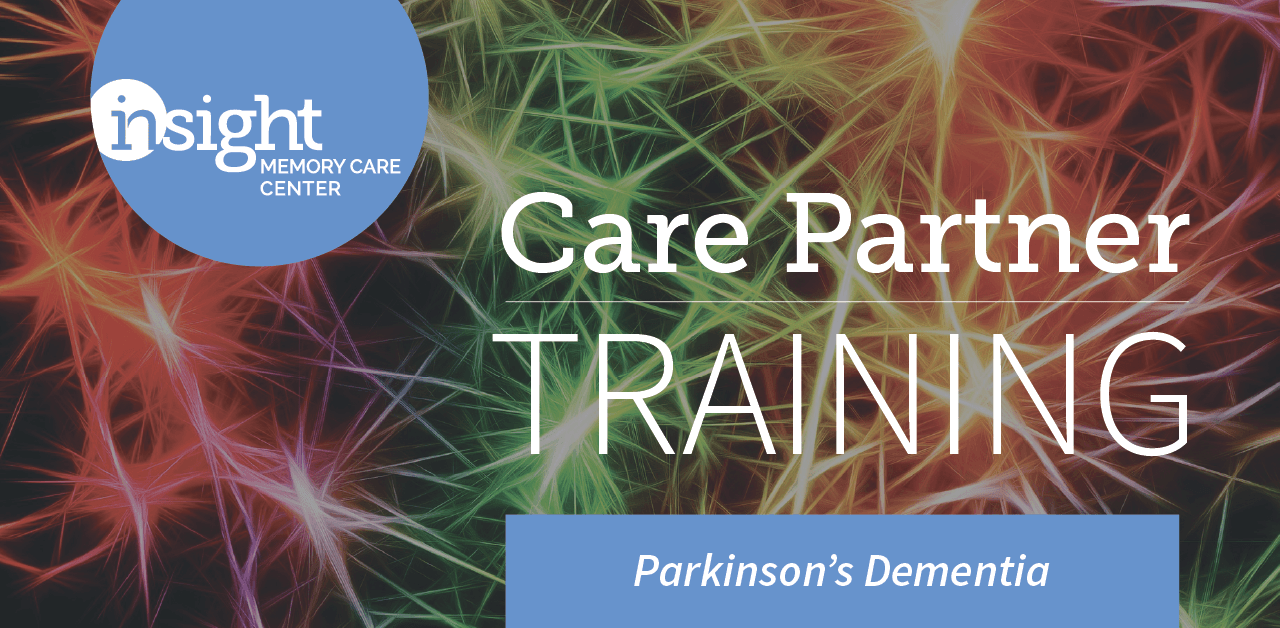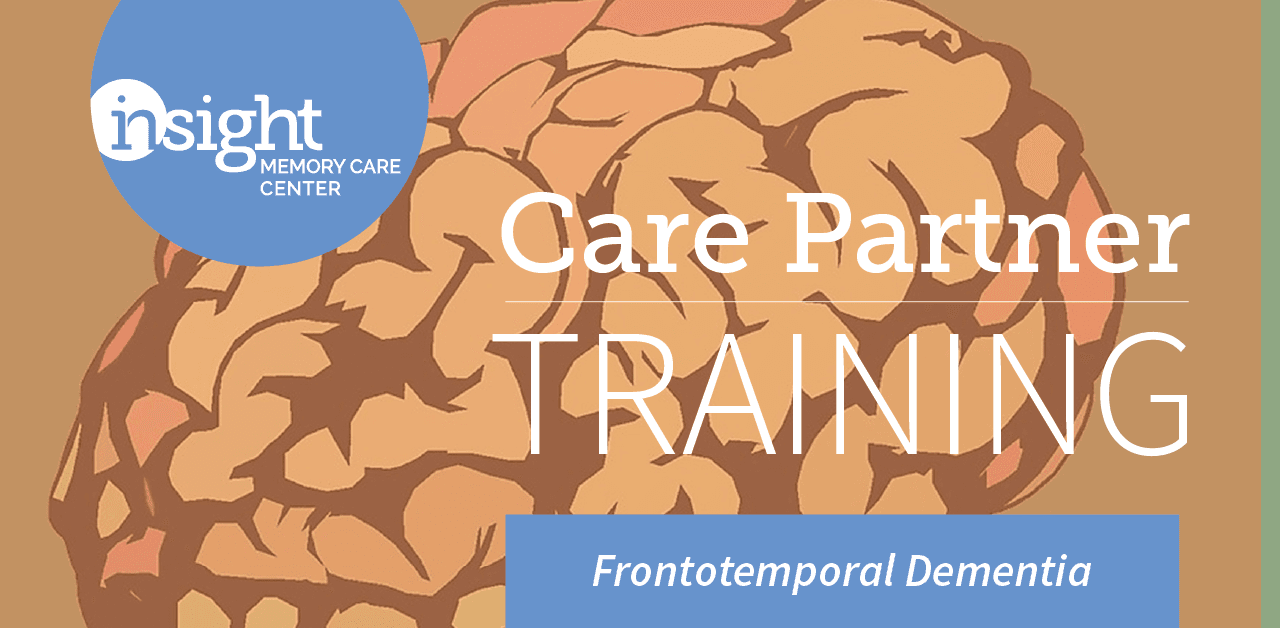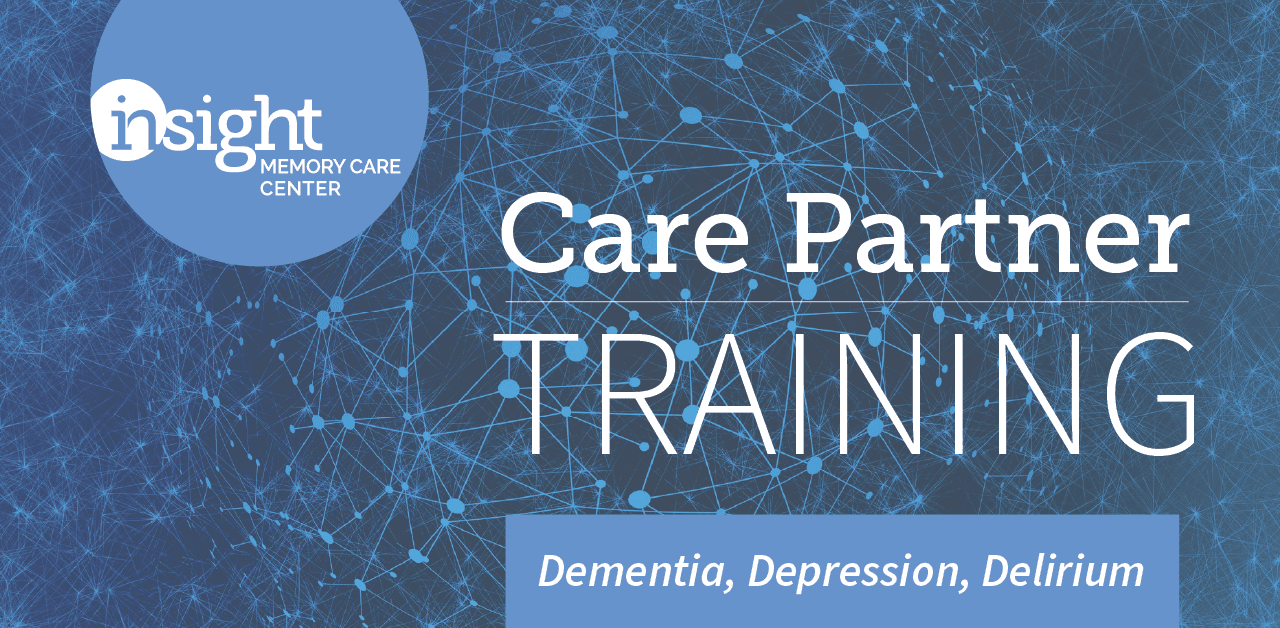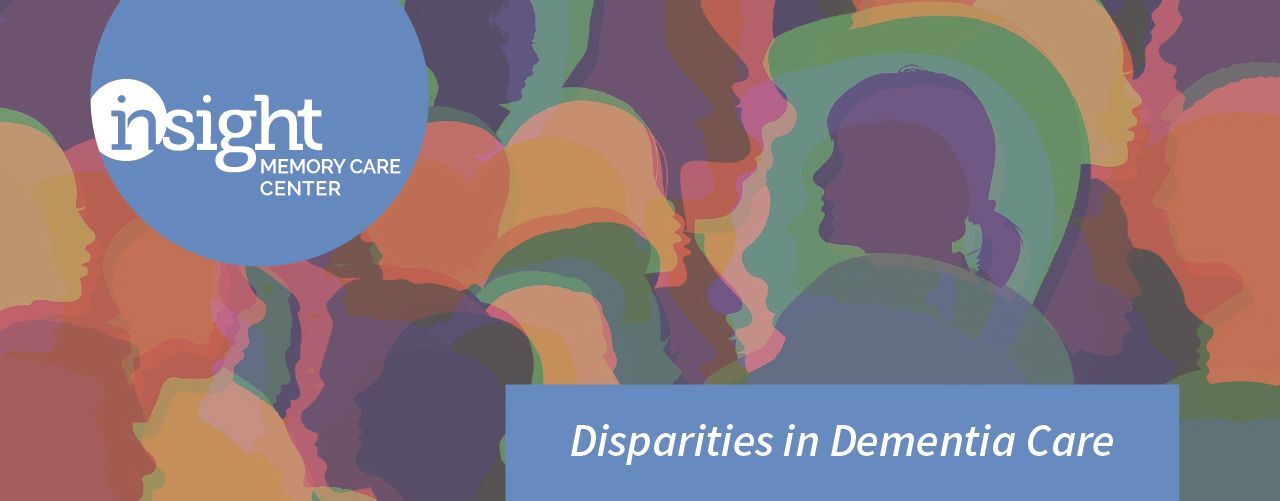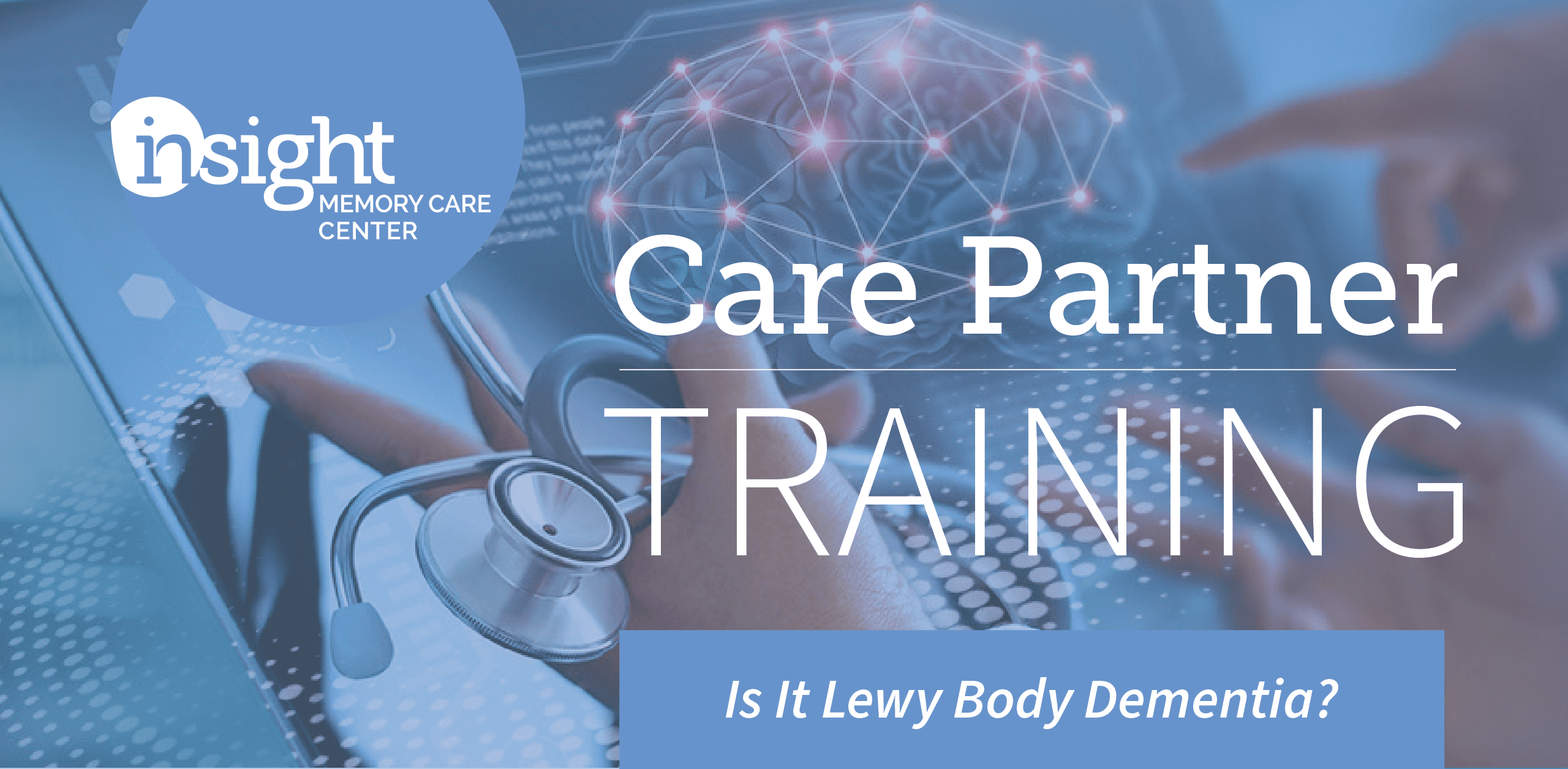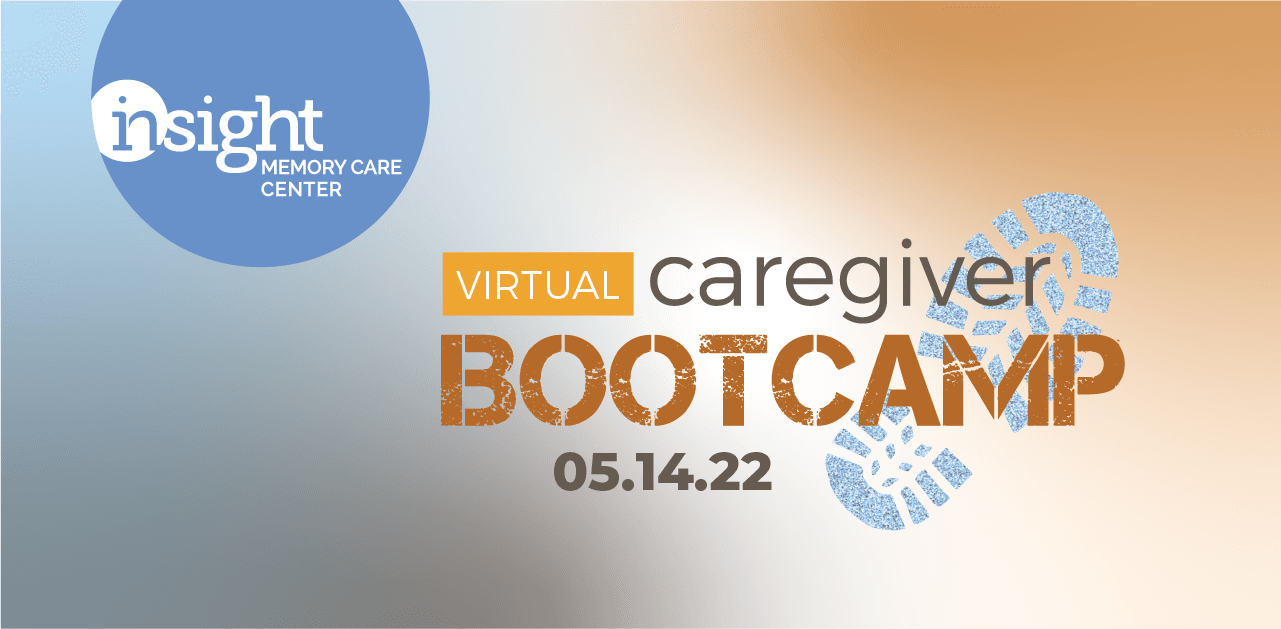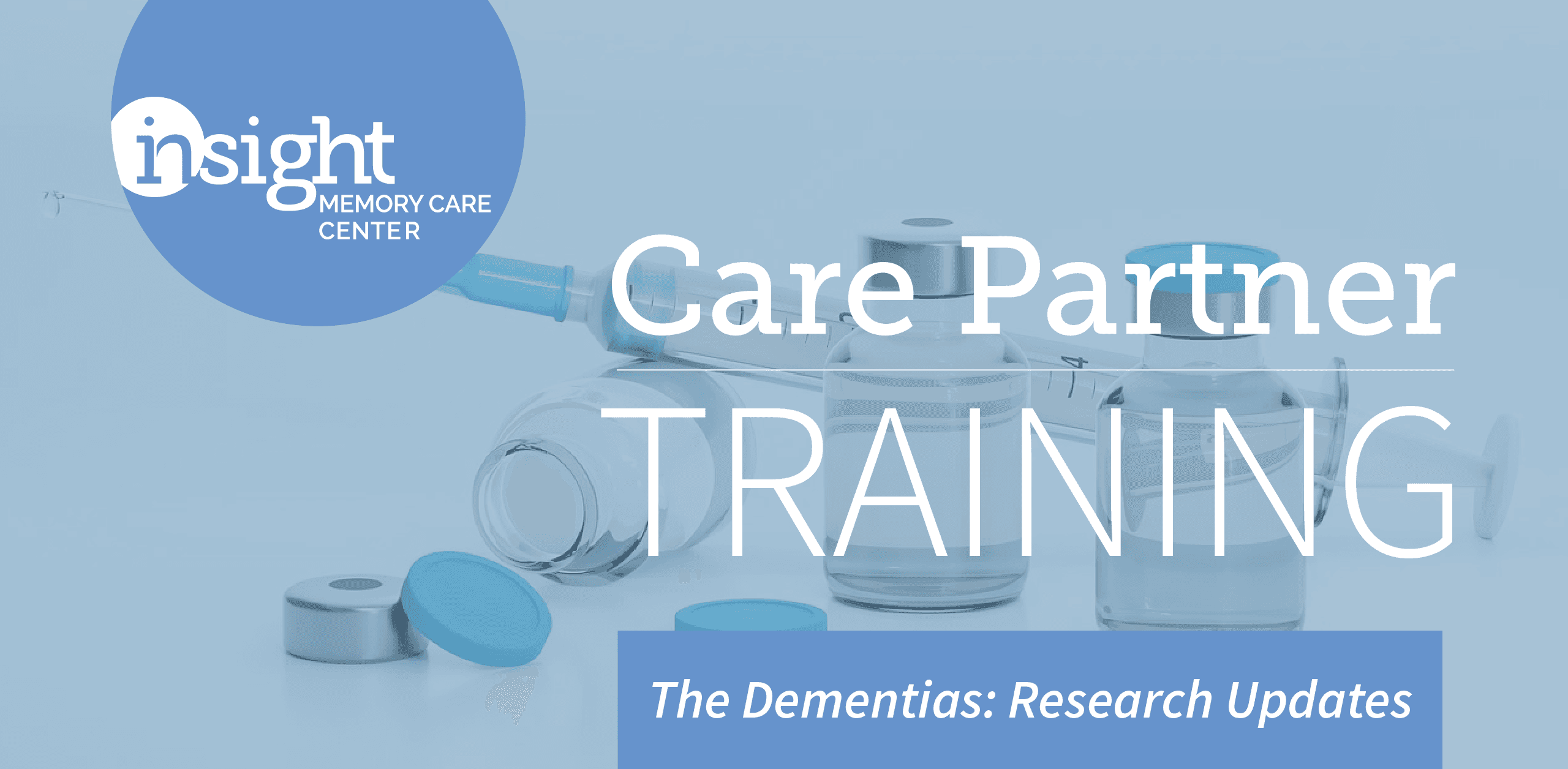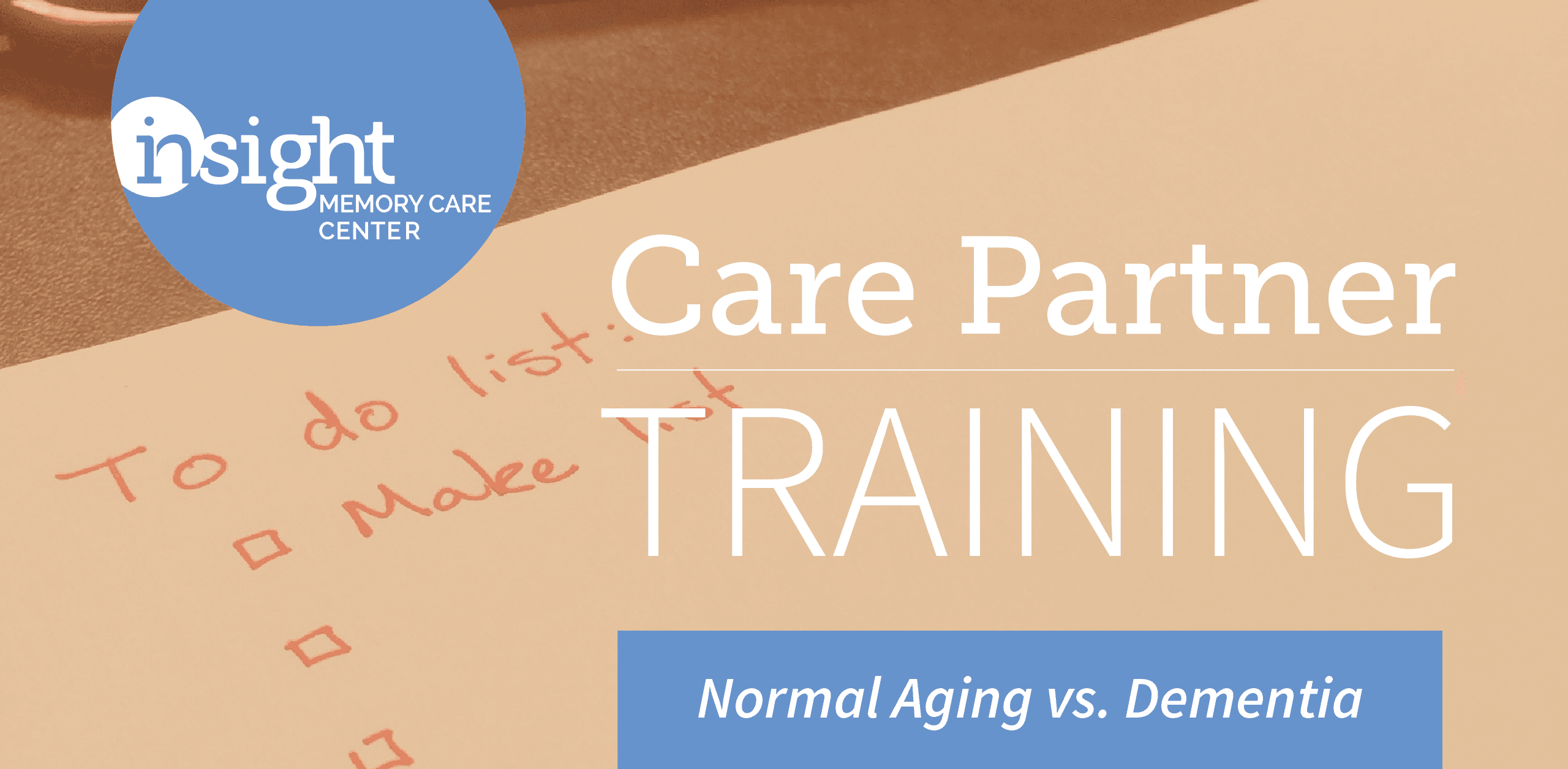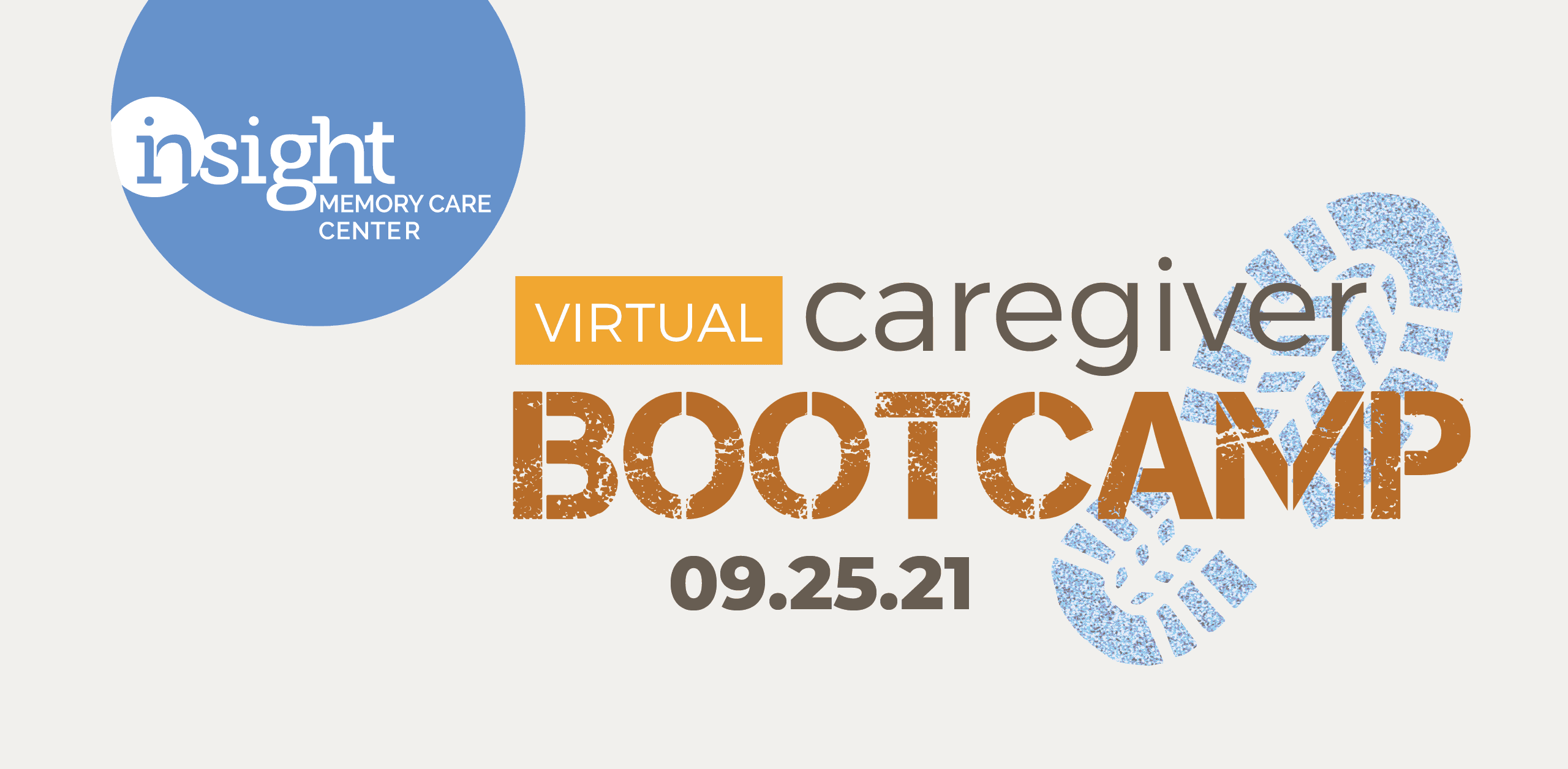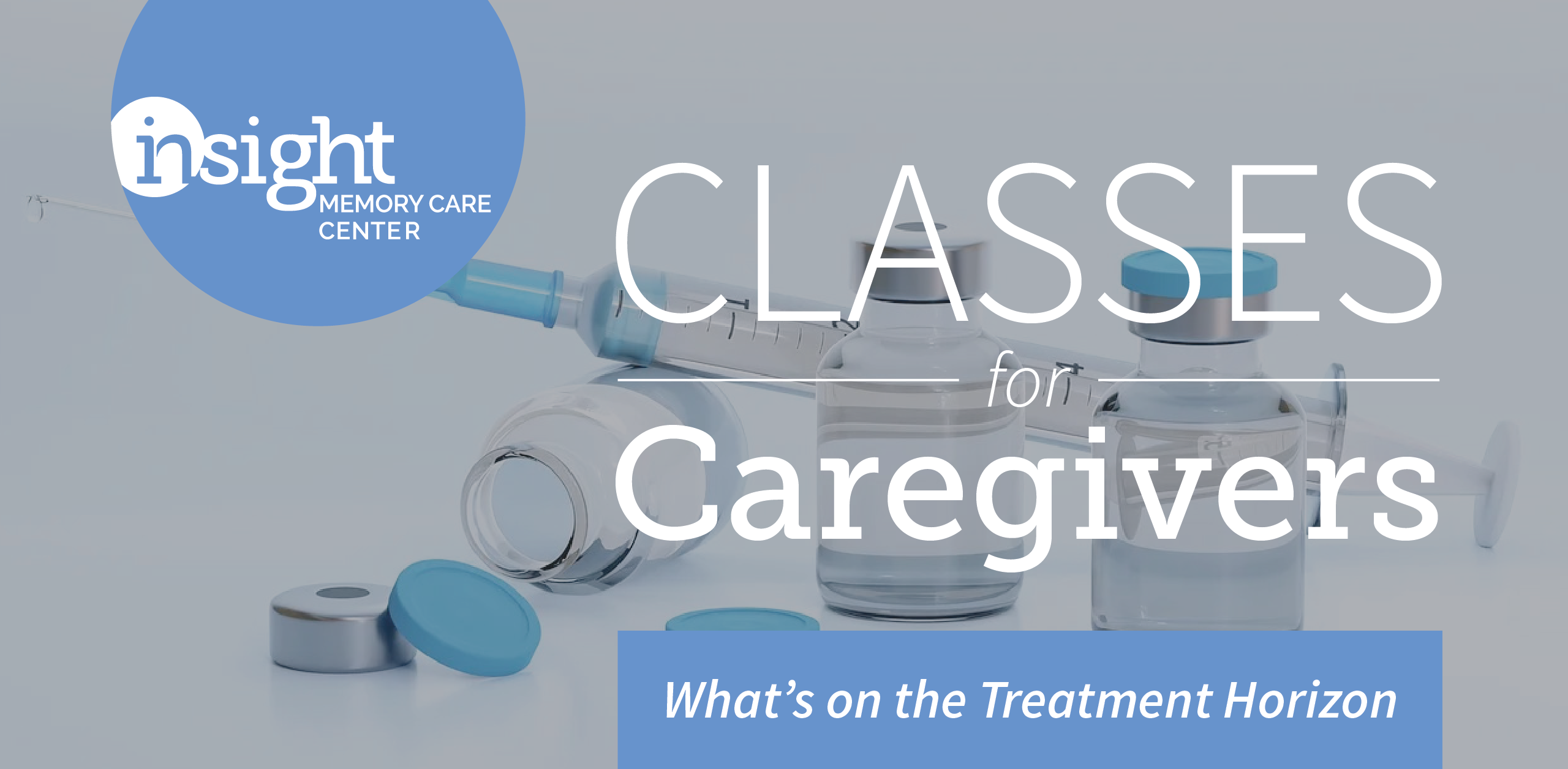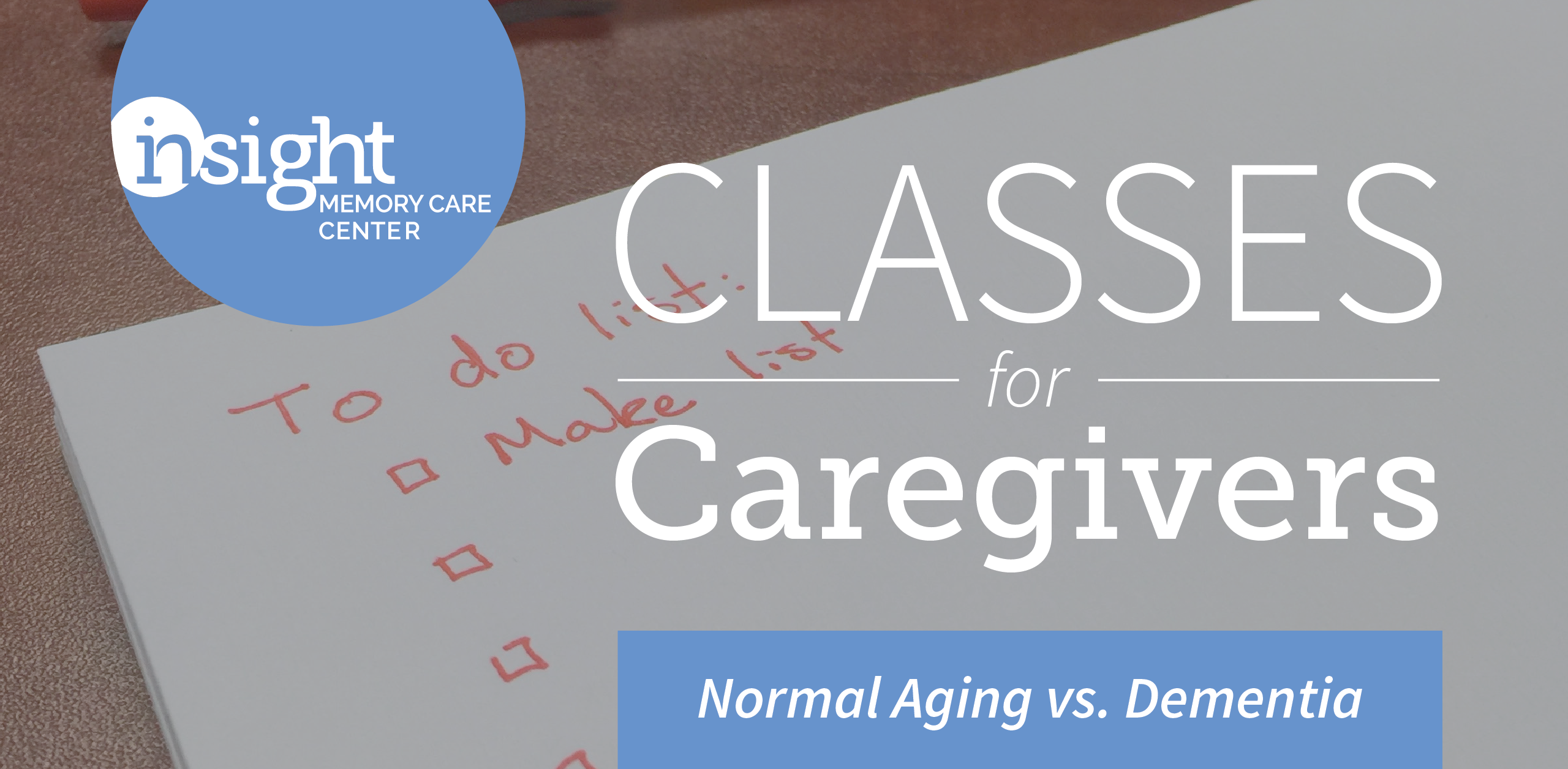Dementia Overview
Lewy body dementia (LBD) is likely the most common type of dementia you have not heard about. It is the second most common cause of progressive dementia after Alzheimer's disease (AD), but varies greatly from AD in many ways. Learn more about makes LBD so unique, misunderstood, and challenging to diagnose and treat.
We look at the importance of creating social circles in the LGBTQ community while navigating dementia. Being LGBTQ and living with dementia and/or caring for someone with dementia brings many unique challenges to the journey. Join us to discuss the importance of creating social circles of support and strategies for doing so. We will also identify community resources to support caring for someone living with dementia.
Dementia does not discriminate - it affects people of all cultures and backgrounds. People’s backgrounds and beliefs inform their sense of self, how they understand, feel about, and respond to other people and their environment - including diagnoses, health and care organizations and their staff. It is important to know how to best provide care to meet one's needs while recognizing their cultural values and beliefs. Join us for an in-depth training on cultural specific care and how you can meet the person where they are with their needs.
By taking part in research, volunteers play a vital role in helping scientists understand more about the complex diseases that cause dementia. This means new ways to diagnose, prevent and treat these diseases can be developed and tested. Progress in dementia research just wouldn’t be made without the contributions volunteers make by participating in research. Learn more about the why and how of dementia research.
Learn more about what you and your family should know about Parkinson's Disease. We will discuss a basic overview of Parkinson’s disease, along with what Parkinson’s is, what causes it, common symptoms, treatments, and strategies for managing symptoms.
What is frontotemporal degeneration (FTD)? Did you know it is the most common form of dementia for people under the age of 60? Learn more about FTD, including the signs and symptoms, how it differs from other dementias, and the resources available locally and through AFTD.
Dementia, depression, and delirium can have many overlapping symptoms that can be hard to distinguish as a care partner. Both delirium and depression can cause cognitive changes that can easily be mistaken for dementia – but they can be treated differently to help your loved one significantly! Learn more about these 3 Ds and how to work with your physician to tell the difference.
Alzheimer’s and other dementia disproportionately affect older Black and Hispanic Americans compared to older Whites, according to the Alzheimer’s Association.
Dr. Carl V. Hill, chief diversity, equity, and inclusion officer for the Alzheimer’s Association, will join us to discuss how recent research ties poor social determinants of health and health equity issues to disproportionate rates of dementia in minority populations.
Lewy body dementias (LBD) affect an estimated 1.4 million individuals in the United States. Though many families are affected by this disease, few individuals and medical professionals are aware of the symptoms, diagnostic criteria, or even that LBD exists! Join us to learn more common symptoms, presentations of LBD, and ways to live well going forward.
For the Spring 2022 session, we'll be going beyond the diagnosis to aging-in-place, as we learn more about living well with dementia. We know it can be hard as a busy caregiver to find all the information you need to best care for your loved one with dementia. Insight offers the Caregiver Bootcamp to help you learn more about essential caregiving topics, all in one place! Learn from experts in their fields and gain knowledge on the basics you need to know as a caregiver.
We will discuss common dementias and general stages to help you anticipate future changes. Learn about the treatment of symptoms, current research, and clinical trials available.
What’s normal and when is it time to ask your doctor if it’s something more? Join us for a discussion on changes that occur with age, warning signs of a memory problem, and what to do if someone you love is experiencing symptoms of dementia.
We know it can be hard as a busy caregiver to find all the information you need to best care for your loved one with dementia. Insight offers the Caregiver Bootcamp to help you learn more about essential caregiving topics, all in one place! Come and learn from experts in their fields and gain knowledge on the basics you need to know as a caregiver.
We will discuss common dementias and general stages to help you anticipate future changes. Learn about the treatment of symptoms, current research, and clinical trials available.
Join us to learn about changes that occur with age, warning signs of a memory problem, and what to do if someone you love is experiencing symptoms.
Webinars
"After meeting with you, I've changed my approach in dealing with her memory loss, and my wife and I are so much happier."



